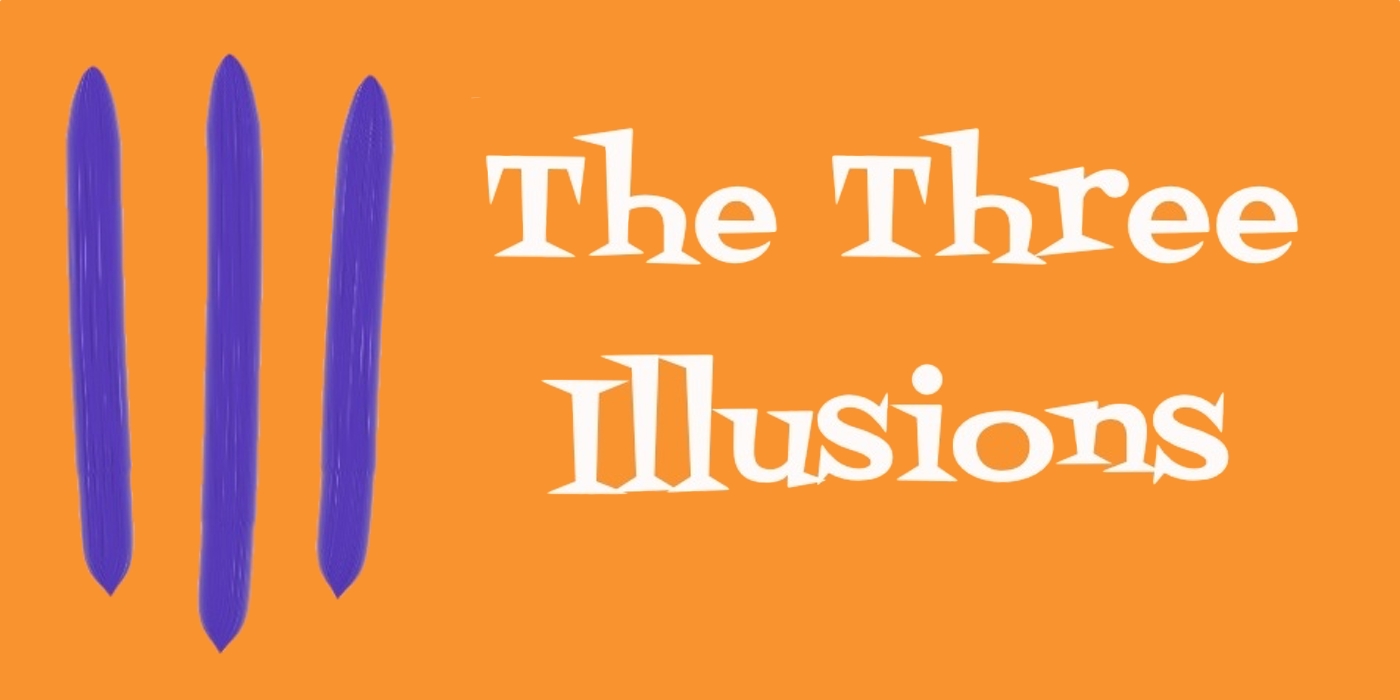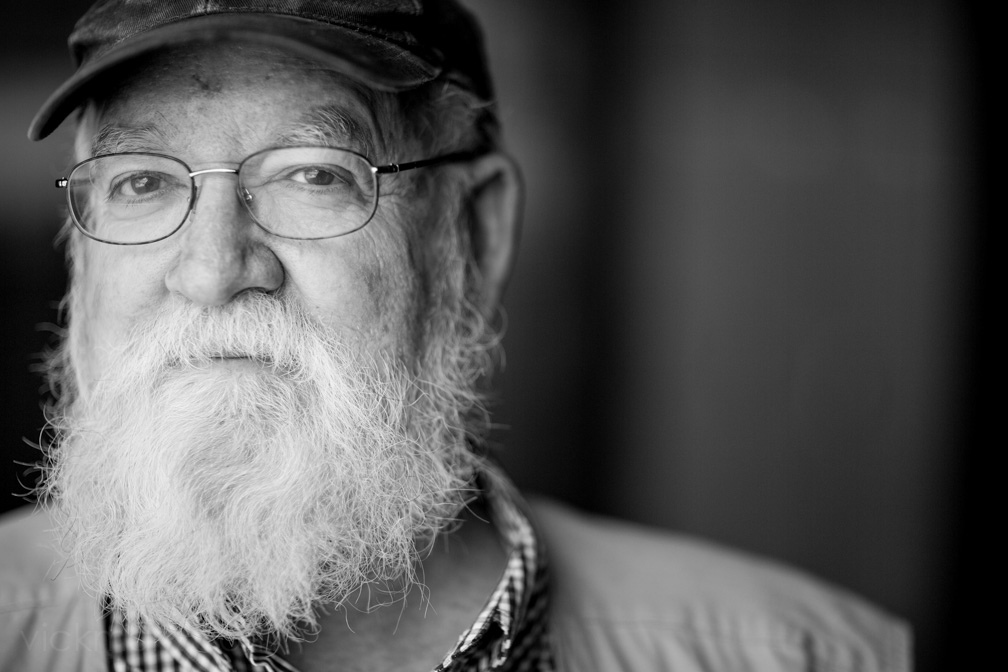
by cr_threeillusions | Sep 9, 2013 | Blog, Free Will
I just finished reading Daniel C Dennett’s latest book “Intuition Pumps And Other Tools For Thinking” and, while it’s overall an engaging book, his final section is just plain disappointing.
In the final chapters, Dennett attempts to demonstrate some of his “intuition pumps” (tools for improving our thinking about difficult problems) by tackling three very hard problems – evolution, consciousness and, finally, free will. It was the section on free will that disappointed me. I read it knowing full well that Dennett is a proponent of “compatibilist” free will and hoping to find, finally, a solid argument for its existence, something I could get my teeth into. Instead, I found his arguments to be sophomoric and vapid.
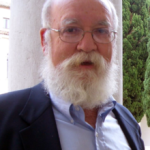
Daniel Dennett Intuition Pumps free will
His conclusion provides an example:
People care deeply about having free will, but they also seem to have misguided ideas about what free will is or could be (like their misguided ideas about color and consciousness). Our decisions are not little miracles in the brain that violate the physics and chemistry that account for the rest of our bodies’ processes, even if many folk think this must be what happens if our decisions are to be truly free. We can’t conclude from this, however, that then we don’t have free will, because free will in this bonkers sense is not the only concept of free will. The law, according with common sense, contrasts signing a contract “of your own free will” with signing a contract under duress or under the influence of hallucination or other mental derangement. Here is a perfectly familiar sense of free will, a distinction presupposed by many of the practices and attitudes that comprise our manifest image, that has no demonstrated dependence on the bonkers sense.
So, according to Dennett himself, we actually don’t have free will as most people think of it, i.e. the ability to make decisions and actions completely outside of cause and effect (aka the laws of physics). Don’t worry though, he says – it doesn’t matter. We still have a “sorta” free will (sorta is another of his thinking tools). He assumes that we still have some kind of free will – the kind of free will, let’s stay, that allows you to sign a contract or not sign a contract. However he never explains how this free will actually works. Aren’t these decisions also made in the brain? Isn’t the brain made of chemicals that obey the laws of chemistry? On one hand he says “yes, yes, our bodies obey the laws of chemistry” but then says “but we still have some kind of free will” – without ever attempting to explain how this works.
For hundreds of years there have been philosophers who have insisted that this sense of free will is the important sense, the one we should care about, and it is compatible with determinism, with materialism, with physics and chemistry reigning unchallenged. The intuition pumps and other thinking tools in this part are designed to support and advance the understanding of this prospect, compatibilism. It has had many versions over the years, and is probably the consensus not only among philosophers but also among judges, lawyers, and others who have to make distinctions about who is responsible for what and who is excused because they didn’t have free will when they acted. Some scientists are now challenging this consensus, and they may of course be right to do so. Let’s take a hard look at the arguments.
Maybe science is teaching us something radical, even revolutionary: that nobody is ever responsible for anything they do, and there is no sound basis for distinguishing some acts as praiseworthy and others as blameworthy. But such a revolutionary conclusion needs a lot more conscientious attention to detail than it has so far received from the scientists declaring it.
Finally, in that last paragraph, he starts to make some sense – at least up until the last sentence. Scientists have declared for several centuries that atoms obey laws of physics. Why would they need more “attention to detail” when stating that the atoms that make up our brains also obey those laws of physics?
Earlier in his chapter on free will, while discussing the views of philosopher Galen Strawson, Dennett claims that nobody has ever explained to him why it matters that we don’t have perfectly free will.
I don’t establish the kind of free will most people want to believe in, and I know it. But I think they are wrong to want to believe in it, and wrong to believe in it if they do. The burden falls on Strawson and others to show why we ought to care about ultimate responsibility—or the determinism/indeterminism issue—in our lives.
So Dennett is basically saying “okay the science says we don’t have free will – but unless someone explains why that’s important, we should keep believing we “sorta” have it.” That’s just dumb.
By the way, the “why” is quite easy – and anyone with half a brain who has thought about free will for an hour will realise it.
If we accept that our thoughts, decisions and (therefore) actions are all determined by the laws of physics and chemistry, then we need to re-think all of our emotional and legal connections to the idea of free will.
The legal perspective is obvious – if people aren’t ultimately responsible for their actions, we need to treat criminals as ‘broken’ instead of ‘bad’ (which reminds me – it’s a new episode of Breaking Bad tonight, but that’s another story…). How we treat a broken person (treatment and containment) would be different to how we treat a bad person (punishment).
The more important issue, however, is our emotional connection to free will. If you and the people around you aren’t truly in control of their actions, then what reason do you have to feel guilt, regret or anger? Everybody you know (and that includes you) is just fulfilling their biological programming. How can you be angry at someone who is just obeying their programming? How can you be angry at yourself for obeying yours? Why would you regret past decisions you did or didn’t make if you totally understood that those decisions were 100% programmed by your chemistry?
I remain a fan of Dennett as a philosopher and thinker, but his views on free will are, unfortunately, too similar to religious belief. He obviously wants to believe that we have some sort of free will and therefore is prepared to, if not ignore the science, dismiss the science as irrelevant. It’s right up there with the God of the gaps. We might call it “free will of the gaps”.

by cr_threeillusions | Aug 23, 2013 | Blog, Enlightenment
The Great Teaching is very simple.
It is so simple that most overlook it, even when given to them freely.
They complicate it with ideas and concepts, with prejudice and fear.
They believe they are not worthy of it and so delay their acceptance of it.
This is not their fault – they do what they must.
The Great Teaching has not changed and never will change. It has been misunderstood and corrupted by some, but the teaching itself always remains pure and available for those who are ready to hear it.
The Great Teaching is this:
You are the entire universe.
There is nothing other than the universe. And you are it.
All perception of separateness from the universe is illusory, a product of the limitation of the senses and the mind, and a product of misunderstanding the evidence.
Every being, human and non-human, every inanimate object, every atom, every energy field – is simply an aspect of the universe which functions as a whole unit. This unit has been called many names – God, consciousness, awareness, the oneness, love – and many others, however they are all simply different names for the universe.
Realizing this, and accepting it to the core of your identity, is called liberation, enlightenment, and many other words in many other languages. It is, however, the same experience.
You are not separate from the universe – you never were and you never will be.
You can no more be separate from the universe than a wave can be separate from the ocean.
You are the universe observing itself.
There is nothing to achieve and nothing to gain – only this realisation that you are the universe.
Your life is determined by laws you don’t even understand – whether we call them the laws of physics, the laws of chemistry, or the laws of karma.
You have no free will. You have zero control over events in your life or the lives of others. You are merely witnessing these events, playing a role determined by a million other factors at play in the universe.
The Great Teaching is only this – that you are not separate – you are the universe. This is not an analogy. This is not a metaphor. This is a simple statement.
There is only the universe, functioning as one thing, one unit, inseparable, and eternal (for all time exists within the universe).
Understanding this will bring permanent peace, harmony and serenity into your life.
Not understanding this will leave your life in cycles of confusion and disharmony.
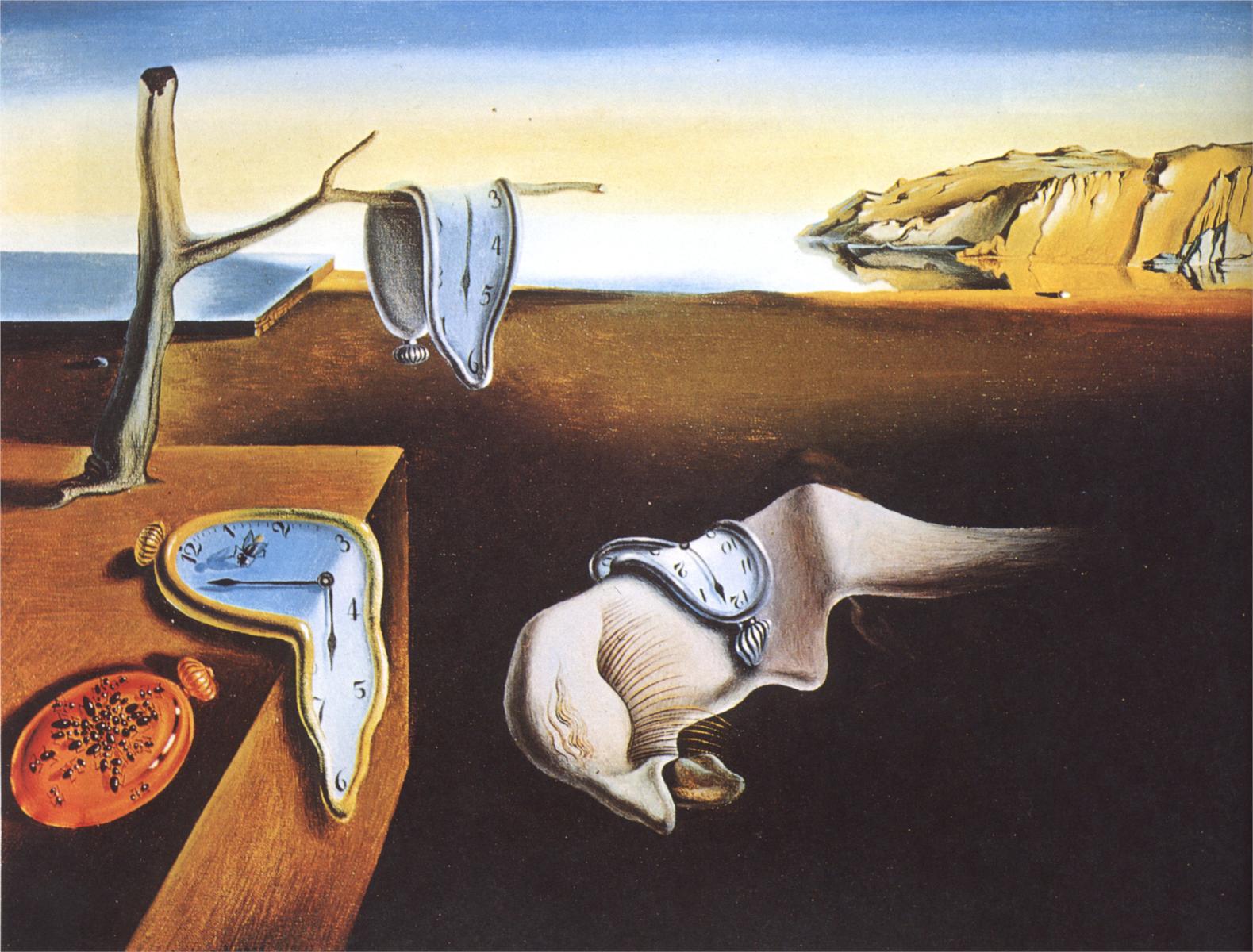
by cr_threeillusions | Jun 16, 2013 | Blog, Enlightenment
What is the difference between dreams and reality?
One obvious answer is that we wake up from dreams but we don’t wake up from reality. But does the dreamed person in our dreams ever wake up from the dream? Or does their ‘reality’ just end for them? One minute they are living inside their reality and the next it just stops. We wake up from that dream. As far as we’re concerned the dream is over. But what does the dream person experience?
Inside the dream there is a complete universe. It has the appearance of depth and solidity that we also experience when we are awake. The laws of physics are sometimes different and we meet with people who are deceased. However inside the dream, these things appear to be totally normal. They are all created by our mind. We can walk through forests and cities, lie on the beach or make love. We eat, drink and experience the full gamut of life. How can we tell that the waking experience is not a dream? How do we know for sure that when we sleep, that isn’t a waking up experience for another dreamer, the dreamer who is dreaming us?
Of course, we know that the waking experience is similar to dreams in many ways. We know that the world our senses perceive isn’t really as it seems. We know that the objects around us aren’t really solid – they are made of atoms which are themselves 99.9999999999999999% empty space (http://lunarscience.nasa.gov/articles/beware-of-images/). The apparent depth and solidity that we perceive are all creations of the mind. This is, of course, also true of your own body and those of the people around you. Had you been born with different senses, able to perceive atomic reality, you would perceive a very different world around you.
Enlightenment is, in a way, realising that the waking world is just a creation of our minds. It is realising that as real and solid as it might seem, the waking world is really just a series of concept and ideas created by our minds. And, off course, the existence of the mind is itself just a dream. Seen at an atomic level, there is no brain, no body and no mind. These are also just ideas.
Inside our sleeping dreams, we also perceive bodies who seem to think and act and experience the world around them. Those bodies, brains and minds have no objective reality outside of the mind that is dreaming them. Why, then, is it so hard for people to accept that this world, too, is merely another dream?
Accepting that the waking world is another dream, devoid of objective reality outside of our minds, is the secret to permanent peace. It is lucid dreaming in the waking state. We participate in the world, totally accepting that is a dream and acknowledging that the dream has no objective reality. Once we accept that our own concept of self, of the ego, the “I”, is a complete fabrication, it is impossible to take it seriously like we once did. If you were asleep and having a lucid dream (i.e. aware that you are in a dream), would you worry about anything happening inside the dream? Or would you just go along with it and enjoy the ride?
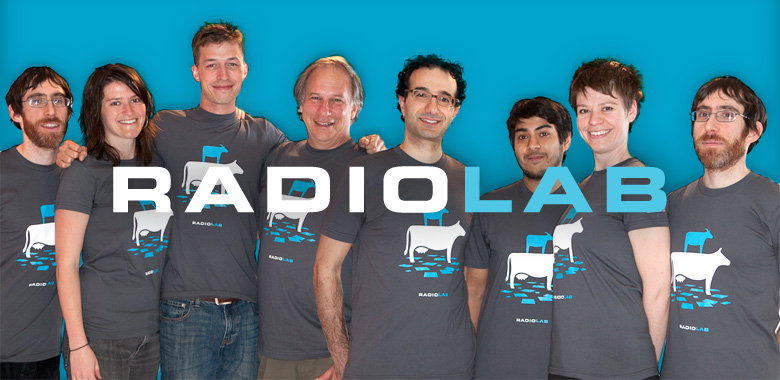
by cr_threeillusions | Apr 10, 2013 | Blog
I was listening to the Radiolab podcast this morning and, yet again, was amazed by their story. This episode is about living in the moment. It’s 15 minutes long. Enjoy.
by cr_threeillusions | Apr 7, 2013 | Blog
(LEFT to RIGHT: Chrissy, Duke, Bob, Cameron)
As some of you already know, I was fortunate to be pointed in the direction of non-duality by “Sailor” Bob Adamson when I was 18 years old. While we were in Melbourne over the last week, we caught up with Bob on four occasions and had lunch with him today, along with Duke, who is visiting from South Carolina, and Ram (who took the photo).
Without Bob’s guidance, I have no idea where I’d be today. I was a psychological mess when I met him and his simple advice to think about who or what I am, set me on a path to permanent peace.
Read more about him on his website and check out the books and DVDs.

